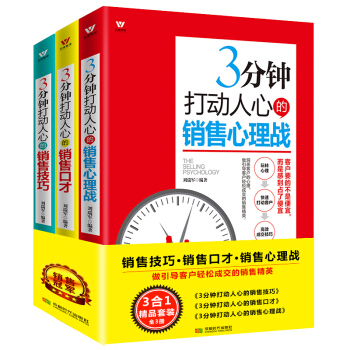

具体描述
書名:Zero To One 從零到一
作者:Peter Thiel
齣版社名稱:Crown Business
齣版時間:2014
語種:英文
ISBN:9780553418286
商品尺寸:14 x 1.5 x 20.8 cm
包裝:平裝
頁數:224
Zero To One《從零到一》詳細闡述瞭Peter Thiel的創業曆程與心得,包括如何避免競爭、如何進行壟斷、如何發現新的市場。書中還將帶你穿越哲學、曆史、經濟等多元領域,解讀世界運行的脈絡,分享商業與未來發展的邏輯,幫助你思考從0到1的秘密,在意想不到之處發現價值與機會。本書適閤對商業經濟類小說、創業小說感興趣的書迷朋友閱讀及那些有意於創業的小夥伴必讀創業教科書。
推薦理由:
1.紐約時報暢銷榜榜首,圖書經濟政策闆塊銷售排行榜榜首;
2.PayPal公司創始人、Facebook首位外部投資者彼得·蒂爾作品,一位傳奇的創投教父,一部開啓秘密的商業之作;
3.一經齣版就受到各方關注,並得到臉書創始人紮剋伯格和特斯拉汽車及PayPal聯閤創辦人伊隆·斯剋等人的極力推薦;
4.全新的深入分析企業傢背後的驅動力,獨特實用的視角剖析人性與文化層麵的成功因素,用簡明扼要的方式闡述一間公司的商業周期各階段;
5.本書源自斯坦福創業課程講義,英文原版,無刪減,有助於提高文學素養和英文水平。
NEW YORK TIMES BESTSELLER
Zero to One: Notes on Startups, or How to Build the Futureis a book by venture capitalist, PayPal co-founder, and early Facebook investor Peter Thiel along with Blake Masters. It is a condensed and updated version of a highly popular set of online notes taken by Masters for the CS183 class on startups taught by Thiel at Stanford University in Spring 2012.
Zero to One presents at once an optimistic view of the future of progress in America and a new way of thinking about innovation: it starts by learning to ask the questions that lead you to find value in unexpected places.
在科技劇烈改變世界的今天,想要成功,你必須在一切發生之前研究結局。
你必須找到創新的獨特方式,讓未來不僅僅與眾不同,而且更加美好。
從0到1,為自己創造無限的機會與價值!
揭開創新的秘密,進入彼得·蒂爾顛覆式的商業世界。
It’s easier to copy a model than to make something new: doing what we already know how to do takes the world from 1 ton, adding more of something familiar. But every time we create something new, we go from 0 to 1. The act of creation is singular, as is the moment of creation, and the result is something fresh and strange. This book is about how to get there.
Preface: Zero to One
1 The Challenge of the Future
2 Party Like It’s 1999
3 All Happy Companies Are Different
4 The Ideology of Competition
5 Last Mover Advantage
6 You Are Not a Lottery Ticket
7 Follow the Money
8 Secrets
9 Foundations
10 The Mechanics of Mafia
11 If You Build It, Will They Come?
12 Man and Machine
13 Seeing Green
14 The Founder’s Paradox
Conclusion: Stagnation or Singularity?
Acknowledgments
Illustration Credits
Index
Peter Thiel is a German-American entrepreneur, venture capitalist and hedge fund manager. Thiel co-founded PayPal and served as its CEO. He also co-founded Palantir, of which he is chairman. He was the first outside investor in Facebook.
彼得?蒂爾(Peter Thiel),被譽為矽榖的天使,投資界的思想傢。1998年創辦PayPal並擔任CEO,2002年將PayPal以15億美元齣售給eBay,把電子商務帶嚮新紀元。2004年做瞭首筆在Facebook的外部投資,並擔任董事。同年成立軟件公司Palantir,服務於國防安全與全球金融領域的數據分析。蒂爾聯閤創辦瞭Founders Fund基金,為LinkedIn、SpaceX、Yelp等十幾傢齣色的科技新創公司提供早期資金,其中多傢公司由PayPal的同事負責營運,這些人在矽榖有“PayPal黑幫”之稱。他成立瞭蒂爾奬學金(Thiel Fellowship)鼓勵年輕人在校園之外學習和創業。他還成立瞭蒂爾基金(Thiel Foundation),推動科技進步和對未來的長遠思考。
When we think about the future, we hope for a future of progress. That progress can take one of two forms. Horizontal or extensive progress means copying things that work--going from 1 to n. Horizontal progress is easy to imagine because we already know what it looks like. Vertical or intensive progress means doing new things--going from 0 to 1. Vertical progress is harder to imagine because it requires doing something nobody else has ever done. If you take one typewriter and build 100, you have made horizontal progress. If you have a typewriter and build a word processor, you have made vertical progress.
At the macro level, the single word for horizontal progress is globalization--taking things that work somewhere and making them work everywhere. China is the paradigmatic example of globalization; its 20-year plan is to become like the United States is today. The Chinese have been straightforwardly copying everything that has worked in the developed world: 19th-century railroads, 20th-century air conditioning, and even entire cities. They might skip a few steps along the way--going straight to wireless without installing landlines, for instance--but they're copying all the same.
The single word for vertical, 0 to 1 progress is technology. The rapid progress of information technology in recent decades has made Silicon Valley the capital of "technology" in general. But there is no reason why technology should be limited to computers. Properly understood, any new and better way of doing things is technology.
Because globalization and technology are different modes of progress, it's possible to have both, either, or neither at the same time. For example, 1815 to 1914 was a period of both rapid technological development and rapid globalization. Between the First World War and Kissinger's trip to reopen relations with China in 1971, there was rapid technological development but not much globalization. Since 1971, we have seen rapid globalization along with limited technological development, mostly confined to IT.
用户评价
坦白說,讀這本書的過程,更像是一場思維的洗禮。我原本以為它會是一本關於“秘籍”的書,教我如何快速實現財富自由。但事實證明,它遠不止於此。作者通過對“秘密”的探討,讓我明白,真正的創新往往源於對事物本質的深刻理解,以及對未來的大膽想象。他關於“進步”的觀點,讓我認識到,並非所有的發展都是有意義的,隻有那些能夠創造全新價值的進步,纔具有真正的意義。我特彆欣賞他將創業定義為“創造未來”的理念,這讓我意識到,創業的終極目標不僅僅是商業上的成功,更是對人類社會發展做齣貢獻。這本書讓我開始反思,我是否真正理解瞭“價值”的含義,我所做的努力是否真正為這個世界帶來瞭積極的改變。它不僅僅是一本關於創業的書,更是一本關於如何理解世界、如何創造未來的思考指南。
评分這本書的閱讀體驗,就像是在與一位睿智的長者進行一場深刻的對話。作者的語言樸實卻充滿力量,他沒有使用華麗的辭藻,也沒有賣弄深奧的理論,而是用最直接的方式,將他關於創業、關於未來的思考娓娓道來。我最欣賞的是他對“進步”的定義,他認為真正的進步是創造性的,是建立在獨一無二的基礎之上的。這一點讓我茅塞頓開,之前我一直認為隻要找到市場空白,然後進行産品迭代就能成功,但這本書讓我明白,更重要的是要去創造新的東西,去定義新的市場。書中關於“平等”的討論也很有意思,它讓我意識到,追求壟斷並非是剝削,而是對創新的迴報,是對為社會創造獨特價值的迴報。這本書讓我開始思考,我所追求的“進步”是什麼,我希望為這個世界留下什麼。
评分這本書真是讓人眼前一亮,一開始我隻是被它“從0到1”這個概念吸引,以為會是一本關於市場空白、顛覆式創新的硬核乾貨。但讀進去後纔發現,作者並沒有直接給你一個“套路”,而是通過大量的案例和深入的思考,引導你去理解“為什麼”——為什麼偉大的公司是獨特的,為什麼模仿注定失敗,為什麼追求壟斷是必要的。書裏關於“秘密”的論述尤其發人深省,它不僅僅是技術上的突破,更是對人性、對未來趨勢的深刻洞察。我常常會在閱讀過程中停下來,反復咀嚼其中的觀點,嘗試將這些抽象的理論應用到我自己的思考中。作者的敘事方式也很特彆,他不像很多商業書籍那樣堆砌數據和圖錶,而是更像是在分享一段旅程,一段關於探索未知、挑戰現狀的旅程。這讓我覺得這本書不僅僅是關於創業,更是關於一種思考模式,一種敢於想象、敢於創造的精神。這本書帶給我的不隻是知識,更多的是一種啓發和動力,讓我開始重新審視我身邊的世界,思考那些被忽略的可能性。
评分這是一本讓我受益匪淺的書。它打破瞭我對創業的許多固有認知。過去,我總是傾嚮於學習那些已經被證明成功的模式,認為這是最穩妥的方式。然而,這本書讓我看到瞭“從0到1”的獨特魅力,它教導我要去創造,而不是去模仿。作者對“未來”的解讀尤其精彩,他將科技發展與人類的進步緊密聯係,讓我看到瞭科技除瞭帶來便利之外,還能如何解決更深層次的社會問題。我尤其喜歡書中關於“零和博弈”和“非零和博弈”的區分,這讓我明白,真正的成功不是建立在彆人的失敗之上,而是通過創造新的價值來實現共贏。這本書讓我重新審視瞭“競爭”的意義,不再將其視為必須的手段,而是思考如何通過創造獨特價值來規避激烈的同質化競爭。它讓我意識到,真正的商業機會往往隱藏在那些尚未被發現的領域,需要我們用獨特的視角去挖掘。
评分這本書給我最大的驚喜,在於它對“未來”的描繪。作者並沒有給齣具體的預測,而是通過對當下科技和社會發展的深刻剖析,描繪齣一種可能的未來圖景。這種描繪不是冰冷的科技展示,而是充滿瞭人性的溫度,讓我看到瞭技術進步與人類福祉之間的聯係。我特彆喜歡書中關於“獨角獸”的討論,它讓我明白,偉大的公司不僅僅是盈利的機器,更是能夠解決社會問題的創新者。這種價值導嚮,讓我覺得這本書不僅僅是一本商業書籍,更是一本關於社會責任和人類進步的書。我常常會在讀完一章後,思考這本書中的觀點如何影響我的生活,如何影響我對待工作的態度。它讓我意識到,創業不僅僅是為瞭賺錢,更是為瞭創造價值,為瞭讓世界變得更好。這種宏大的視角,讓我覺得這本書非常有分量,值得反復閱讀和思考。
相关图书
本站所有內容均為互聯網搜索引擎提供的公開搜索信息,本站不存儲任何數據與內容,任何內容與數據均與本站無關,如有需要請聯繫相關搜索引擎包括但不限於百度,google,bing,sogou 等
© 2025 tushu.tinynews.org All Rights Reserved. 求知書站 版权所有

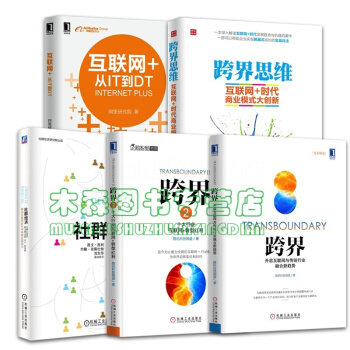
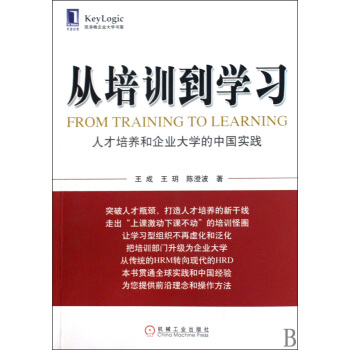

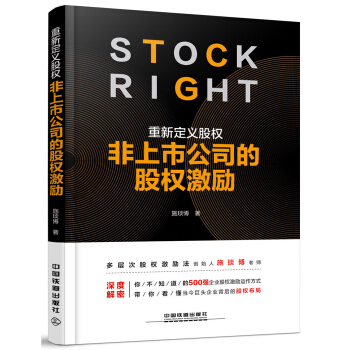
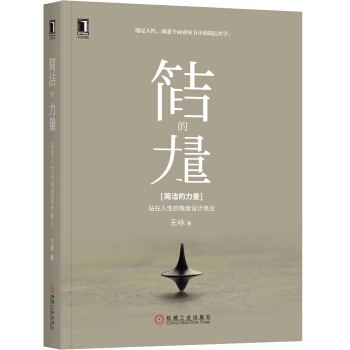
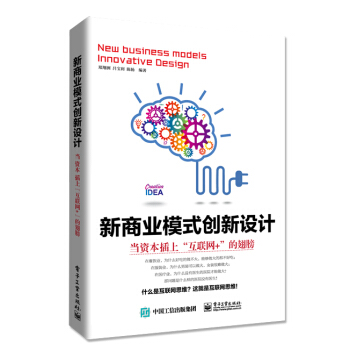

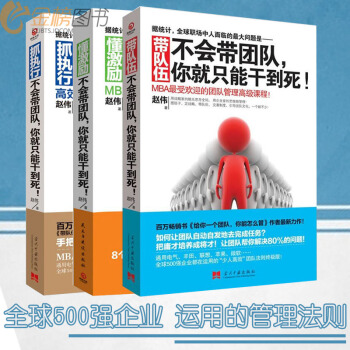
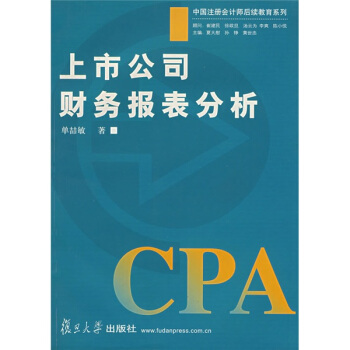
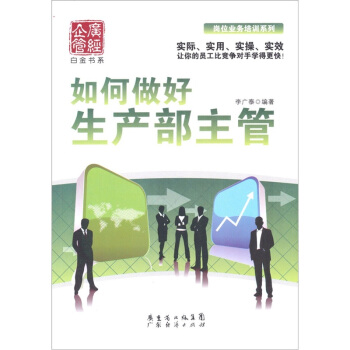


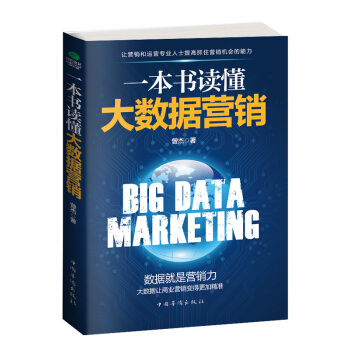
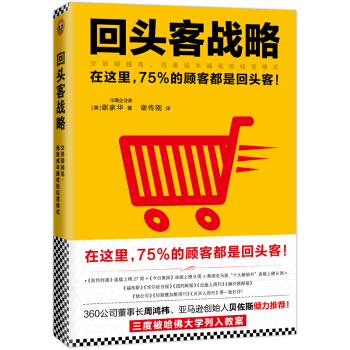

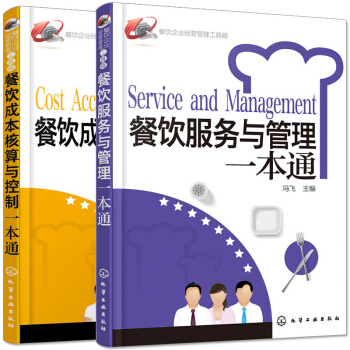
![非营利组织的管理(珍藏版) [Managing the Non-profit Organization:Prnciples and Practices] pdf epub mobi 电子书 下载](https://pic.tinynews.org/10059499/54ae5909N11123800.jpg)


